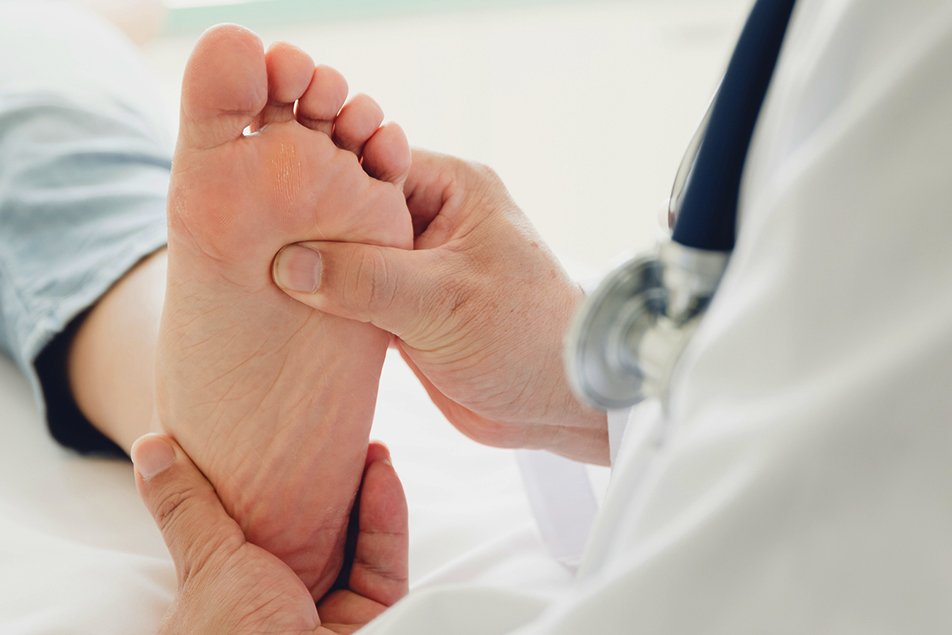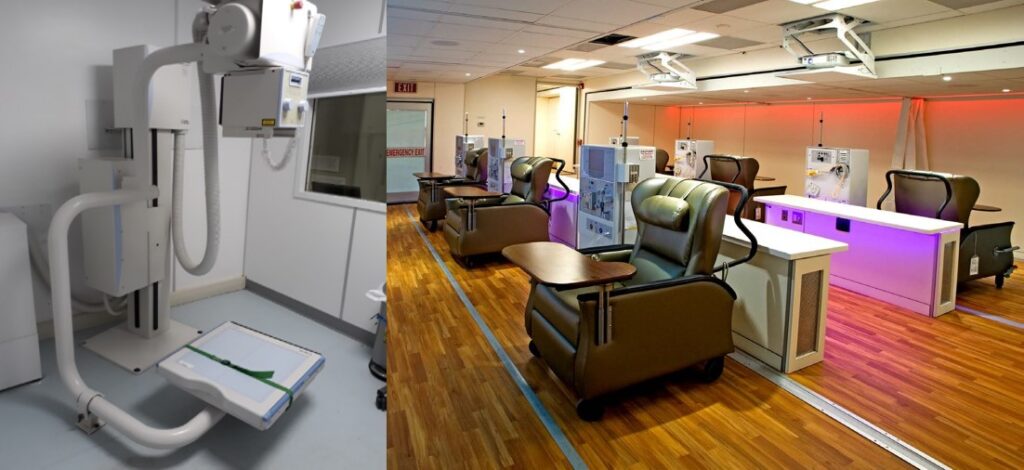AboutBackground

The global burden and threat of Non-Communicable Diseases (NCDs) constitute a major challenge for development in the twenty-first century, one that undermines social and economic development throughout the world. NCDs and obesity are major contributors to the overall burden of disease (also reducing life expectancy) and associated with high medical costs due to their related diseases.
Next Generation Health Kiosks
Currently there are a number of interactive and self-service health kiosks on the market which provide the user with predominantly free and convenient access to healthcare. We are working with partners to take these one step further and our kiosks incorporate a number of current innovative non-intrusive screening medical devices which can assist in the early detection of risk factors and symptoms of non-communicable diseases (NCD’s) including obesity, cardio-vascular disease, diabetes and cancers.
- Diagnose and screening of NCDs
- Incorporate innovative non-intrusive screening devices
- Access health screening confidentially/accessibly
- Early detection of risk factors and symptoms
From a clinical point of view it has been accepted for a long time that the foremost common vital signs are blood pressure, respiratory rate, pulse and temperature. Additional vital signs are considered to be oxygen saturation and blood glucose concentration. To date, no healthcare kiosk has come anywhere near incorporating these vital signs.


The ‘Next Generation Healthcare Kiosks” go one step further and incorporate a number of current innovative non-intrusive screening medical devices such as an AF Screening finger-clip sensor, spirometer, glucometer, oximeter etc.. The kiosks offer the opportunity for members of the public to access health screening in a completely confidential and accessible manner and the use of these non-invasive tools can assist in the early detection of risk factors and symptoms of NCD’s including obesity, cardio-vascular disease, diabetes and cancers.
The kiosks present a number of opportunities to make significant health efficiency savings by acting as a high impact essential NCD and obesity intervention that can be delivered through primary and secondary healthcare approaches to strengthen early detection and timely treatment (WHO, 2011).






